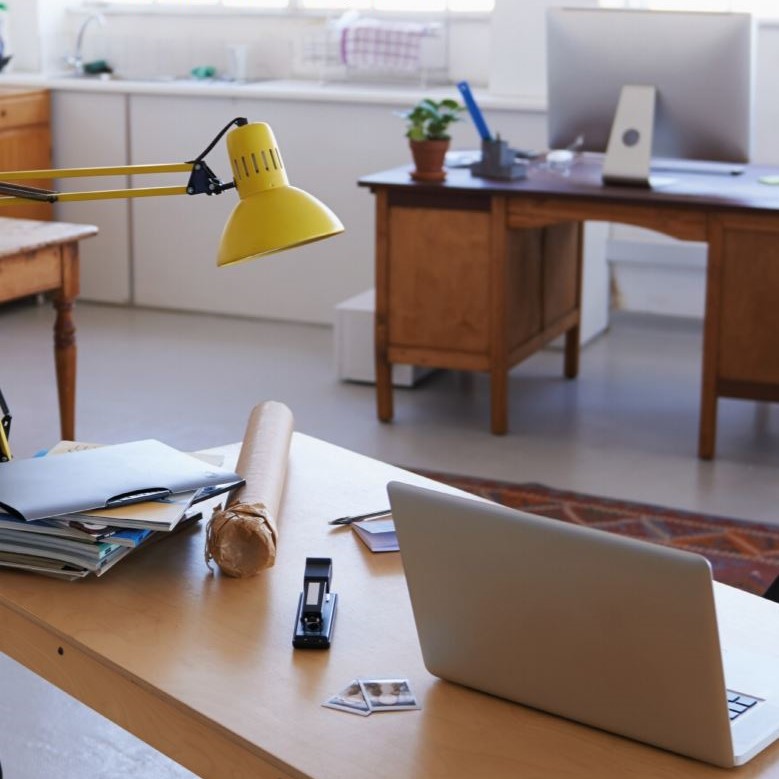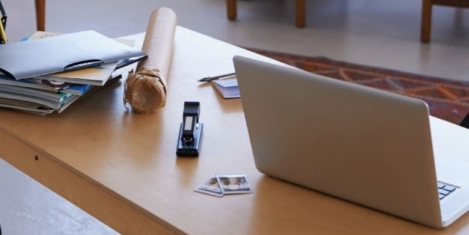To provide the best experiences, we use technologies like cookies to store and/or access device information. Consenting to these technologies will allow us to process data such as browsing behaviour or unique IDs on this site. Not consenting or withdrawing consent, may adversely affect certain features and functions.
The technical storage or access is strictly necessary for the legitimate purpose of enabling the use of a specific service explicitly requested by the subscriber or user, or for the sole purpose of carrying out the transmission of a communication over an electronic communications network.
The technical storage or access is necessary for the legitimate purpose of storing preferences that are not requested by the subscriber or user.
The technical storage or access that is used exclusively for statistical purposes.
The technical storage or access that is used exclusively for anonymous statistical purposes. Without a subpoena, voluntary compliance on the part of your Internet Service Provider, or additional records from a third party, information stored or retrieved for this purpose alone cannot usually be used to identify you.
The technical storage or access is required to create user profiles to send advertising, or to track the user on a website or across several websites for similar marketing purposes.
 Over-work, stress and poor work-life balance are undermining attempts to improve the quality of working lives in the UK, new research from the CIPD claims. Over 5,000 people were surveyed for the UK Working Lives Survey, an annual assessment of job quality across seven different categories including pay and benefits, contracts and employment terms, and voice and representation. (more…)
Over-work, stress and poor work-life balance are undermining attempts to improve the quality of working lives in the UK, new research from the CIPD claims. Over 5,000 people were surveyed for the UK Working Lives Survey, an annual assessment of job quality across seven different categories including pay and benefits, contracts and employment terms, and voice and representation. (more…)








 Worker performance could increase by 20 percent if the fresh air supply in offices and meeting rooms is improved, finds a new report developed by Sharp and workplace psychologist Dr Nigel Oseland.
Worker performance could increase by 20 percent if the fresh air supply in offices and meeting rooms is improved, finds a new report developed by Sharp and workplace psychologist Dr Nigel Oseland. 
 Over a third of respondents (36 percent) to a new survey report they are commuting for more than 90 minutes a day; yet despite a high demand for employer provisions to help alleviate the stress of the commute such as flexible or remote working and season ticket loans, 43 percent of employees stated that these were not currently offered by their employer. The Commuter Survey from Office Space in Town also claims that among the top commuting complaints were: lengthy journeys (32 percent); overcrowding (27 percent) and delays and frequent cancellations (26.01 percent). With the survey also revealing 75 percent take the commute into account when making their employment decisions, there is a lot that employers could be doing to minimise the negative impact on employee attraction and retention.
Over a third of respondents (36 percent) to a new survey report they are commuting for more than 90 minutes a day; yet despite a high demand for employer provisions to help alleviate the stress of the commute such as flexible or remote working and season ticket loans, 43 percent of employees stated that these were not currently offered by their employer. The Commuter Survey from Office Space in Town also claims that among the top commuting complaints were: lengthy journeys (32 percent); overcrowding (27 percent) and delays and frequent cancellations (26.01 percent). With the survey also revealing 75 percent take the commute into account when making their employment decisions, there is a lot that employers could be doing to minimise the negative impact on employee attraction and retention.


 A third of your life is spent at work, but what determines your workplace well-being? That’s the question that Dr. Martin Boult, Senior Director Professional Services & International Training,
A third of your life is spent at work, but what determines your workplace well-being? That’s the question that Dr. Martin Boult, Senior Director Professional Services & International Training, 








 New research from
New research from 










June 11, 2019
Moving the wellbeing debate beyond a fixation on stress
by Matt Weston • Comment, Wellbeing
(more…)